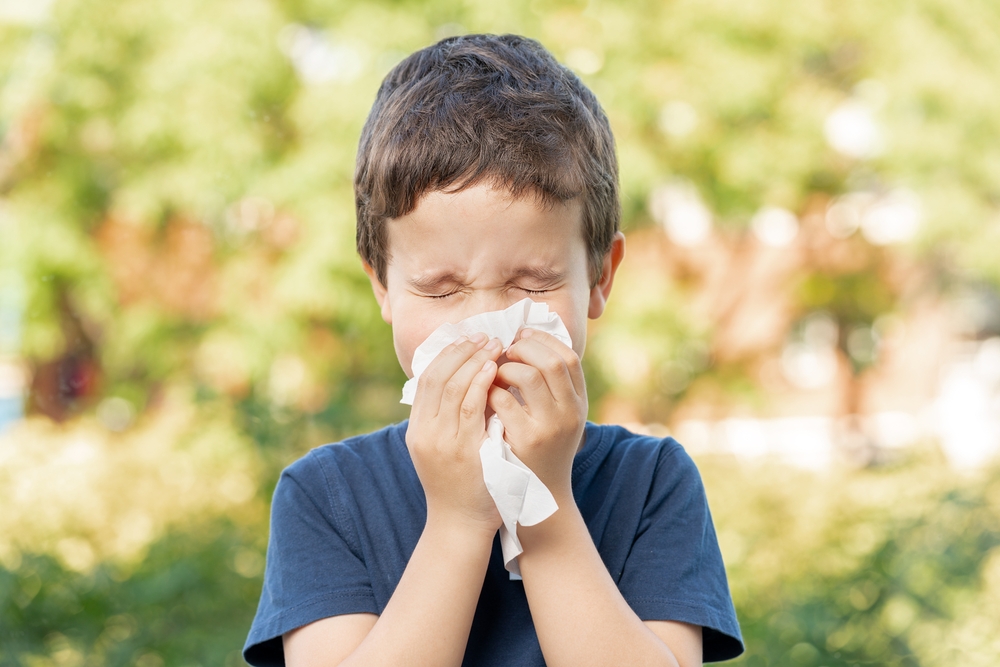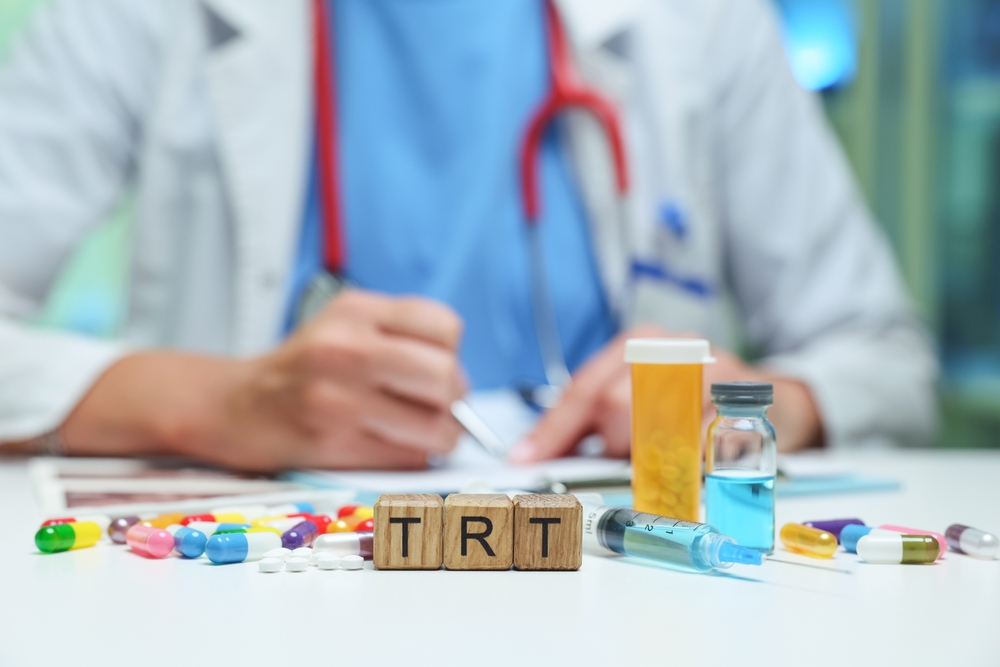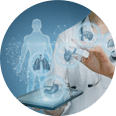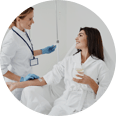If you’re familiar with the term biological age, then you might be curious to know what deciding factors are involved with having a younger biological age. Heart rate variability (HRV) and VO2 Max are two indicators that reflect how certain systems in your body are working. Here’s a deeper look at what they are, why they matter, and how to improve them for improved well-being and longevity:
Biological Age vs. Chronological Age
Chronological simply refers to how many years you’ve lived, but that number isn’t always what your body is on the inside. Illness and diseases, even your lifestyle habits and environment, can manipulate your biological age, which indicates how well your body is actually functioning. People with high HRV and VO2 Max typically have an internal system that’s adapted to external stressors, has efficient energy production, and slow cell aging.
What is heart rate variability?
Heart rate variability is a measurement that looks at the intervals of time between heartbeats. While it fluctuates naturally depending on daily activities like sleep and exercise, a high HRV usually indicates a balance between the sympathetic and parasympathetic modes of the autonomic nervous system (think fight or flight versus rest and recover).
Why HRV Matters for Aging
- Adaptability: A younger system is able to switch back and forth between fight or flight and rest and recover efficiently.
- Stress: Chronic stress decreases HRV and promotes biological aging via inflammation, hormone imbalances, and more.
- Heart Health: Low HRV is also associated with an increased risk of cardiovascular disease; increasing HRV can help lower that risk, improve sleep and cognitive function, all of which are signs of a biologically young system.
How to Improve Heart Rate Variability
 Eat a heart-healthy diet (whole foods and lean protein)
Eat a heart-healthy diet (whole foods and lean protein)- Avoid HRV suppressants (alcohol and caffeine)
- Try stress-reducing techniques (meditation, breathwork, yoga, etc.)
- Get 7-9 hours of sleep (body needs deep quality sleep for high HRV)
- Aim for steady, moderate aerobic exercise (60-70% max heart rate)
What is VO2 Max?
VO2 Max stands for maximal oxygen uptake, a measure of how much oxygen your body uses during high-intensity exercise. This reveals your aerobic activity capacity, basically how your body delivers and utilizes oxygen in the body. A high VO2 Max generally means that you have a strong cardiovascular system and energy metabolism.
Why VO2 Max Matters for Aging
- Fitness: A younger system with high VO2 Max has efficient heart, lung, and muscle function for athletic performance and endurance.
- Mitochondrial Health: A body that uses oxygen well has healthier cells that are less susceptible to fast aging.
- Metabolic Function: VO2 Max also affects insulin sensitivity and the metabolism process, and overall lowers chronic disease risk.
How to Improve VO2 Max
- Incorporate HIIT with strength training (zone 2 training for endurance + high intensity intervals for heart health)
- Gradually increase intensity and duration (give your body time to adapt)
- Be consistent (true progress is the result of consistency over time)
HRV🤝VO2 Max: The Two Halves of Youthful Resilience
 Summary:
Summary:
HRV = how well you recover
VO2 Max = how well you perform
With strong heart rate variability and maximal oxygen uptake, your body can function like the body of someone much younger. Having a lower biological age than your chronological age starts with maintaining the heart, nervous system, and cellular level repair through endurance and strength training, stress management, and high-quality sleep.
A Personalized Approach to Functional Medicine
Elite Personalized Medicine offers a wide range of holistic health therapies and functional medicine services for people interested in taking control of their wellness and increasing longevity. We help patients understand their biological age, find the root causes of their symptoms, and create tailored treatment options; our team is ready to support you in reaching your health goals!
Be sure to reach out to our functional medicine practitioners to learn more about improving heart rate variability and VO2 Max! Curious about other aspects of aging? Read about a few of the best peptides for anti-aging!

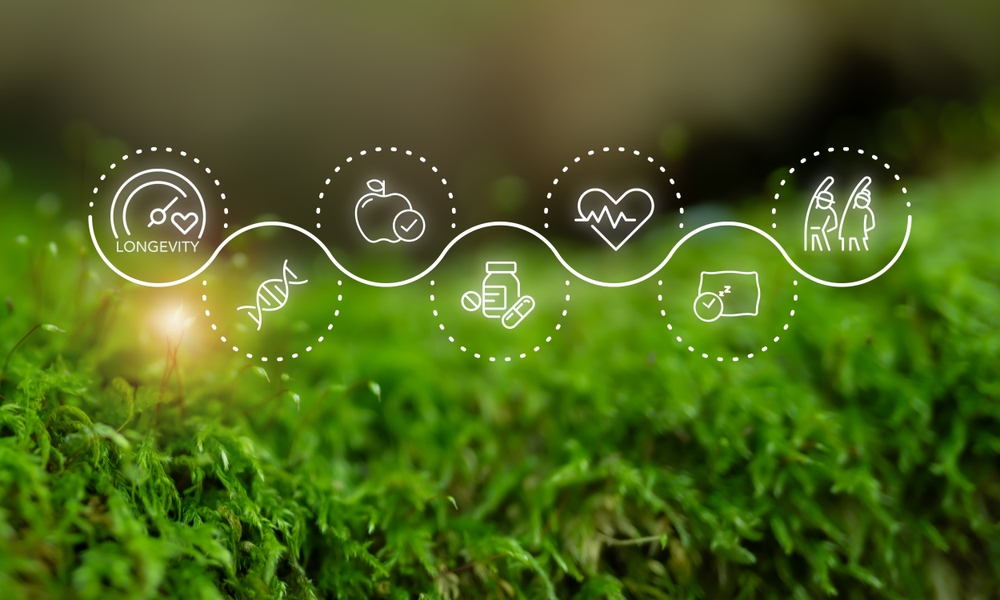
 Eat a heart-healthy diet (whole foods and lean protein)
Eat a heart-healthy diet (whole foods and lean protein)